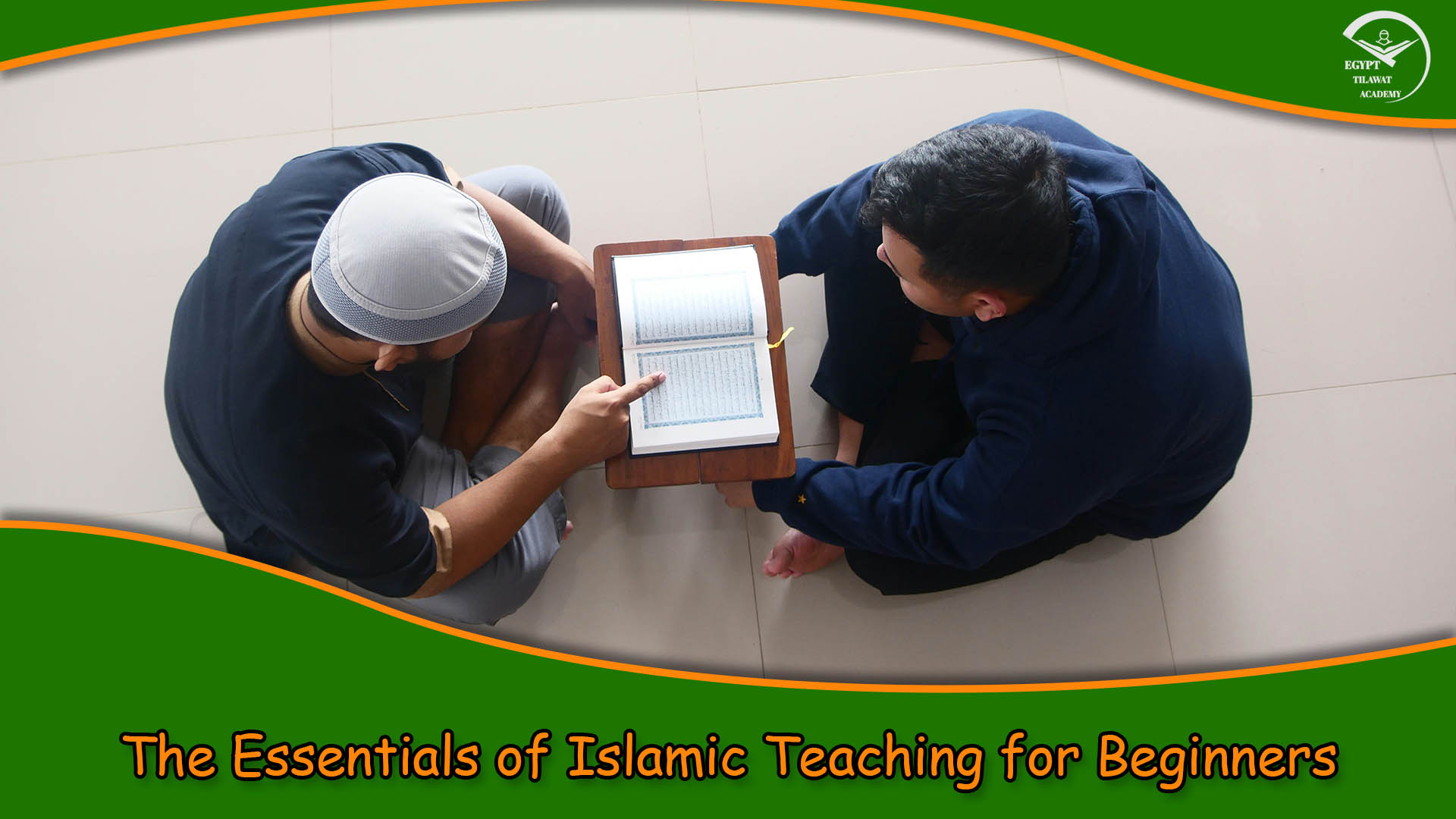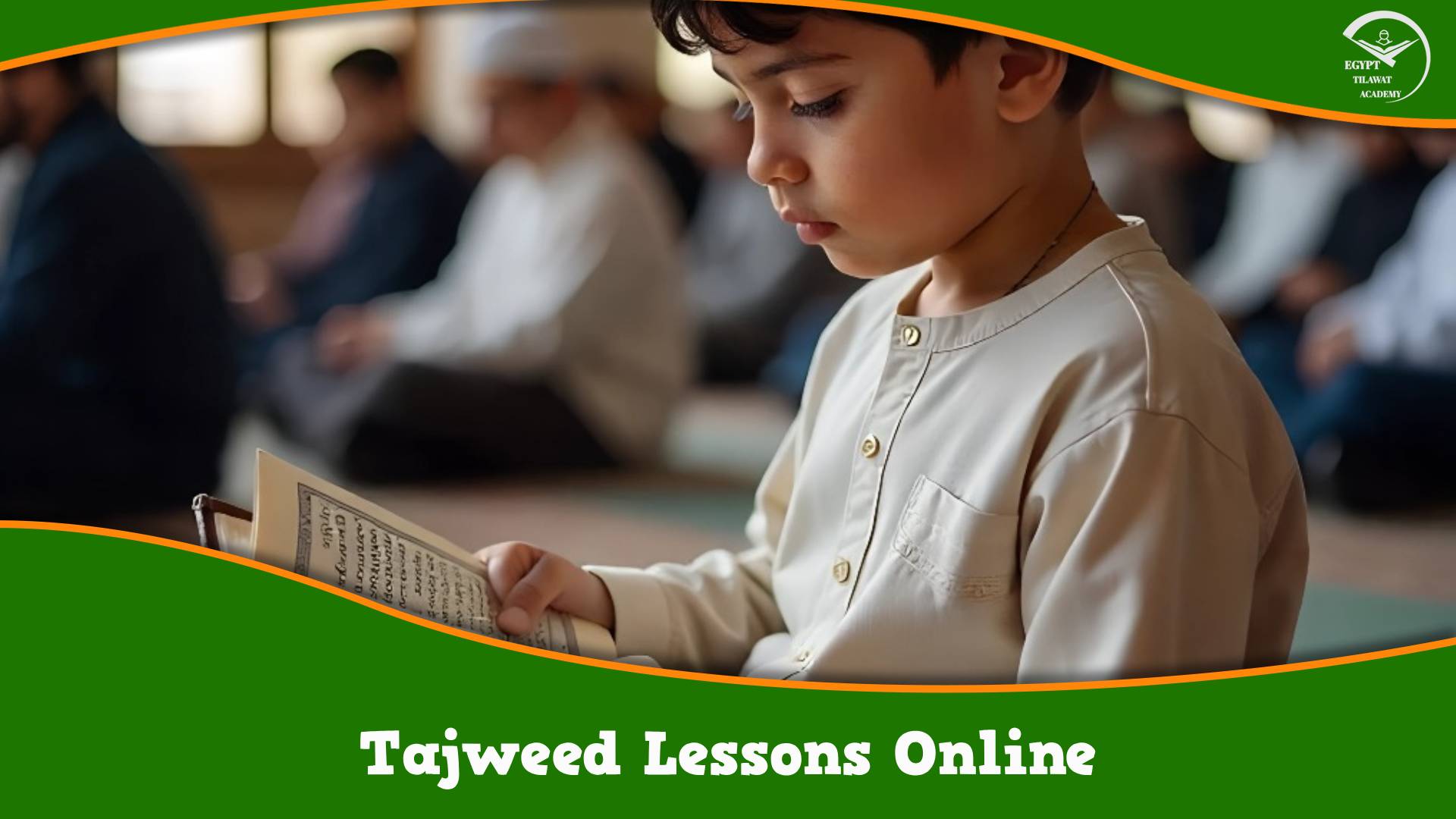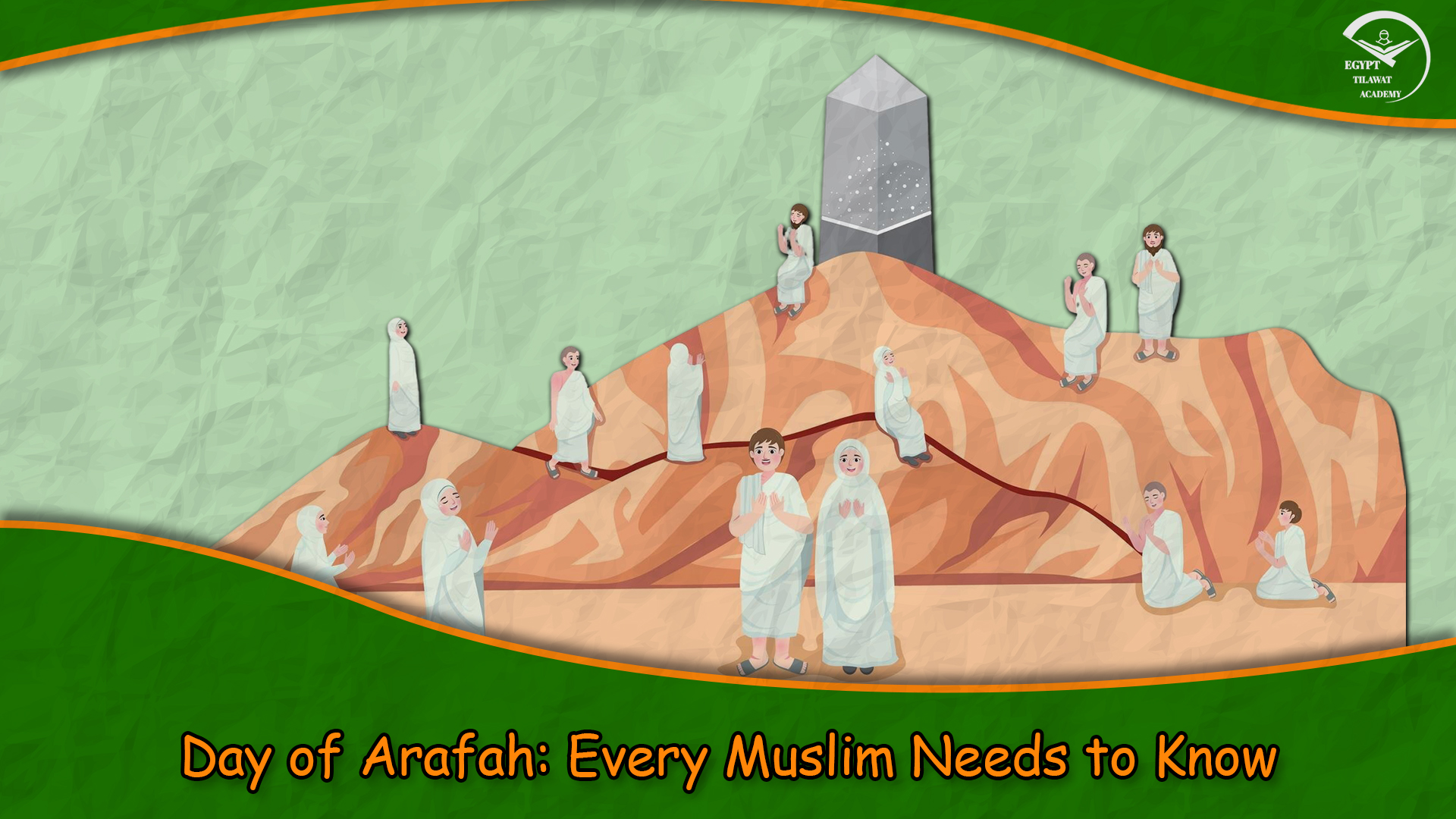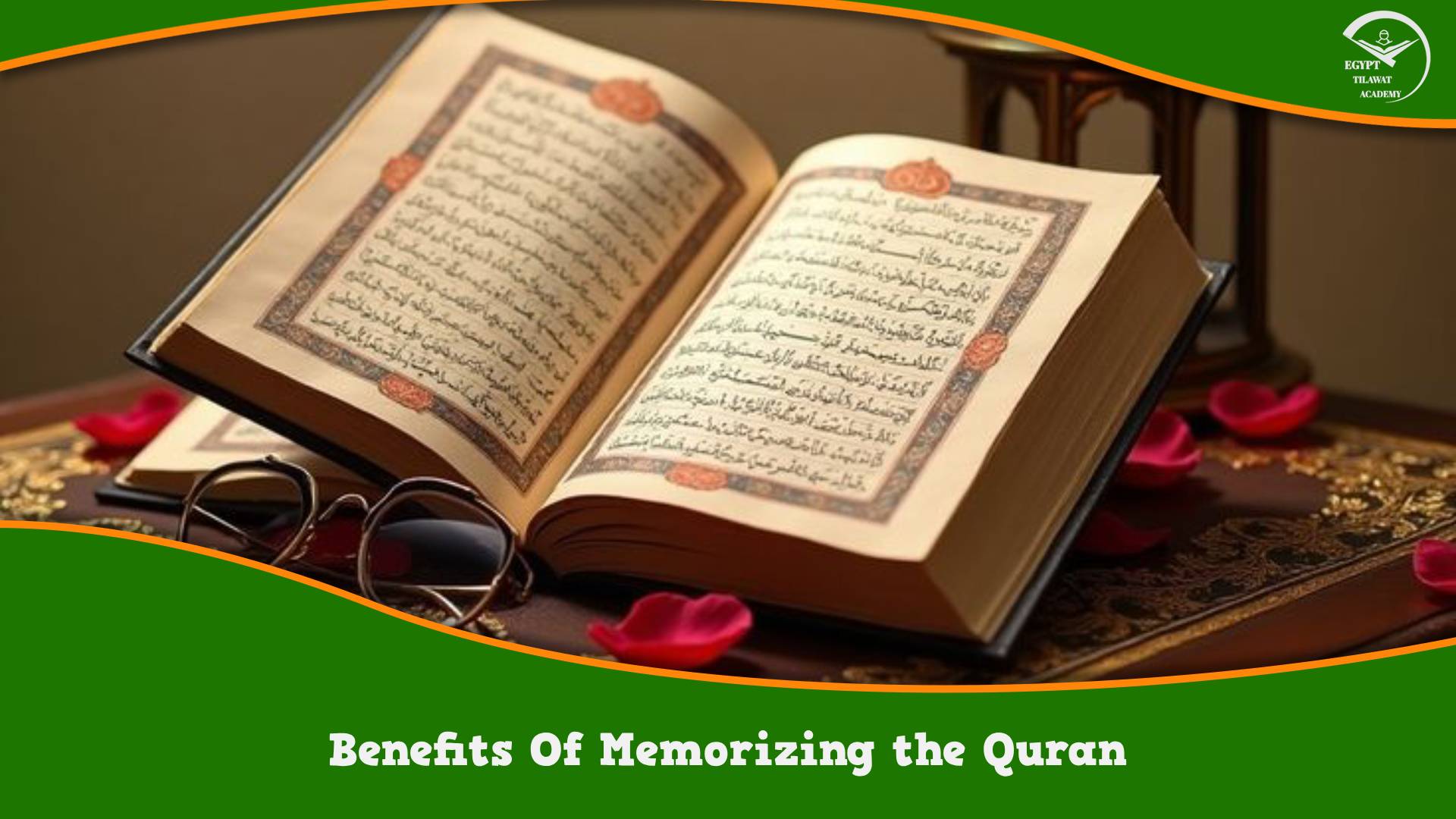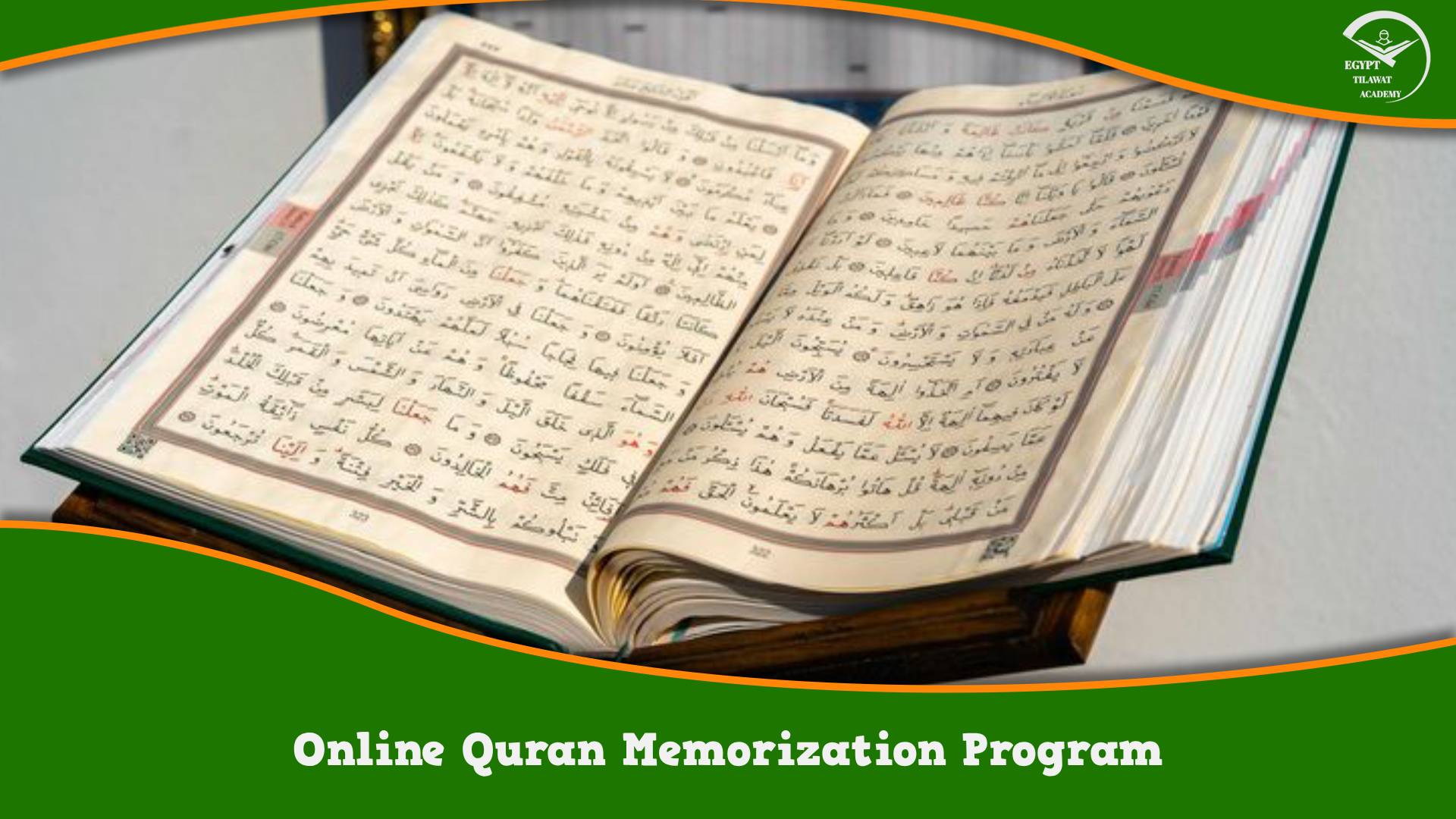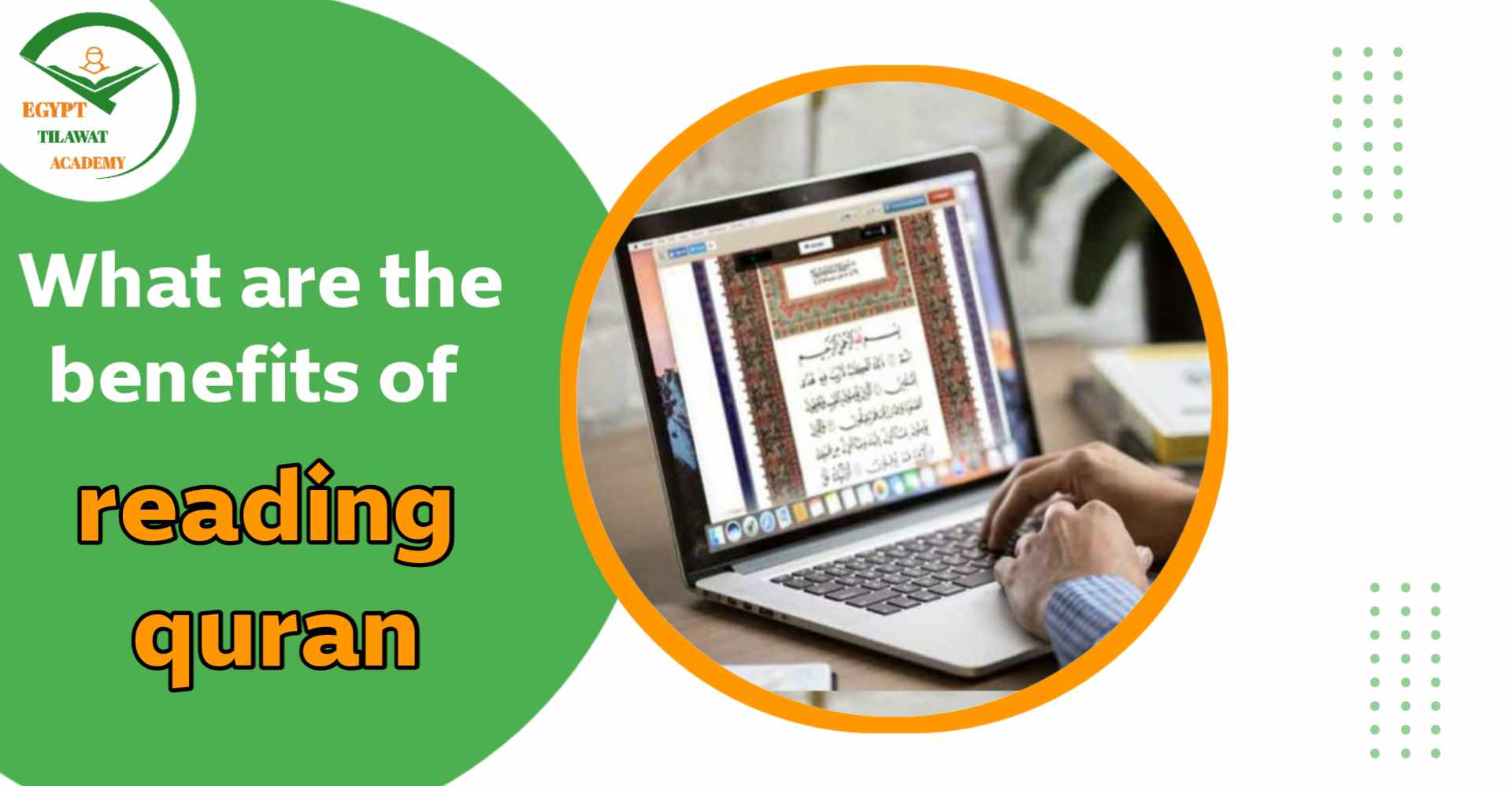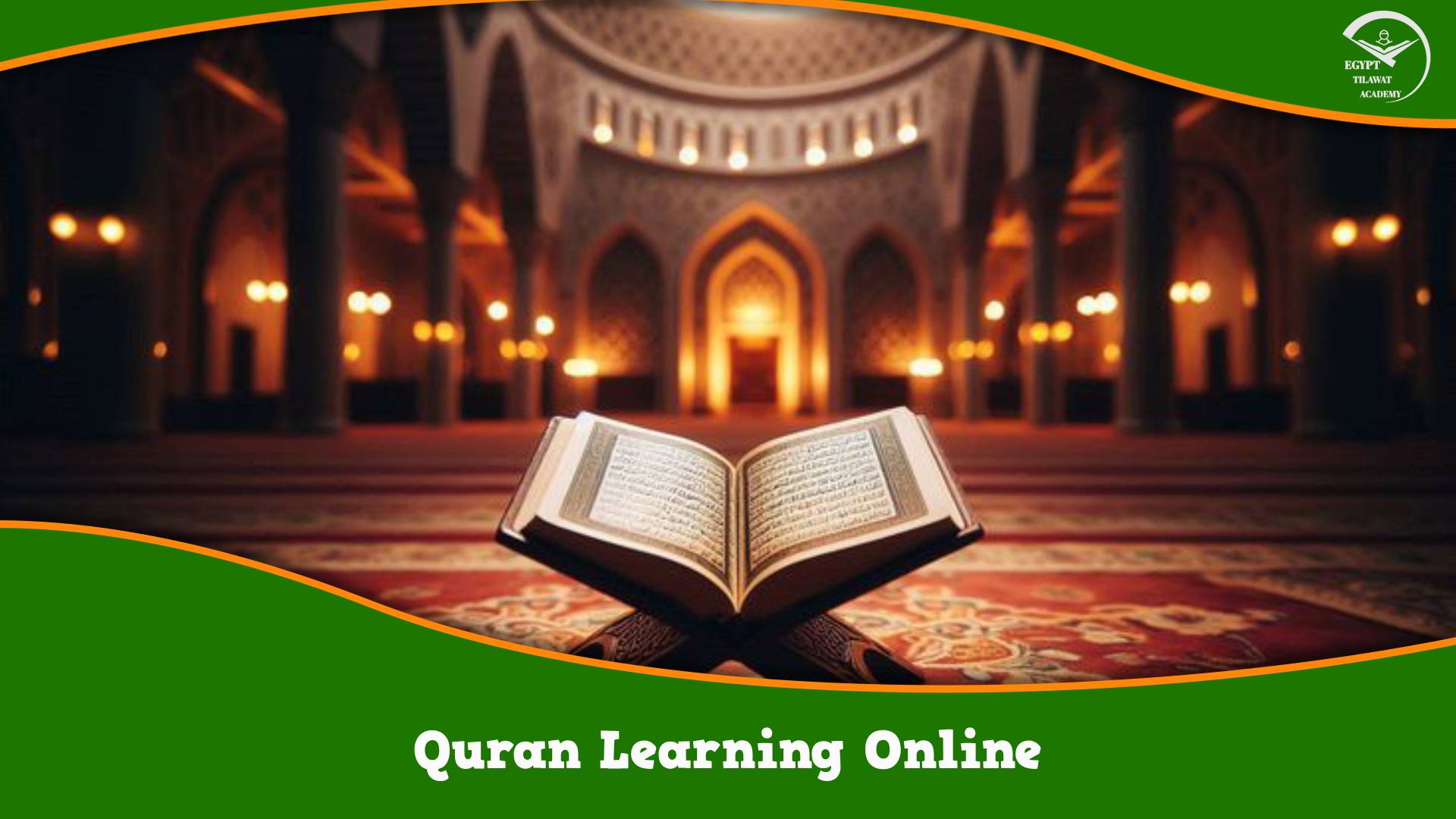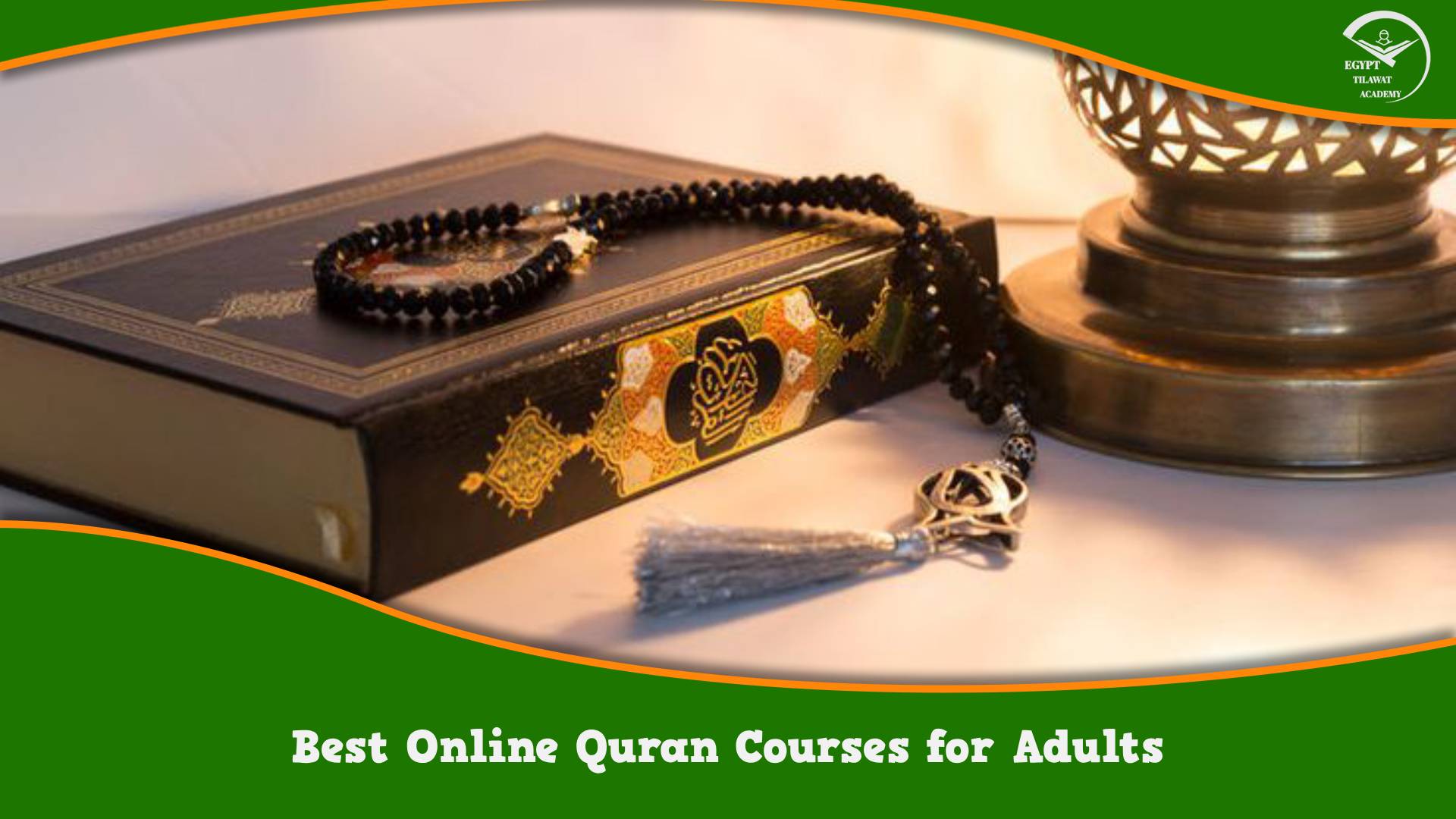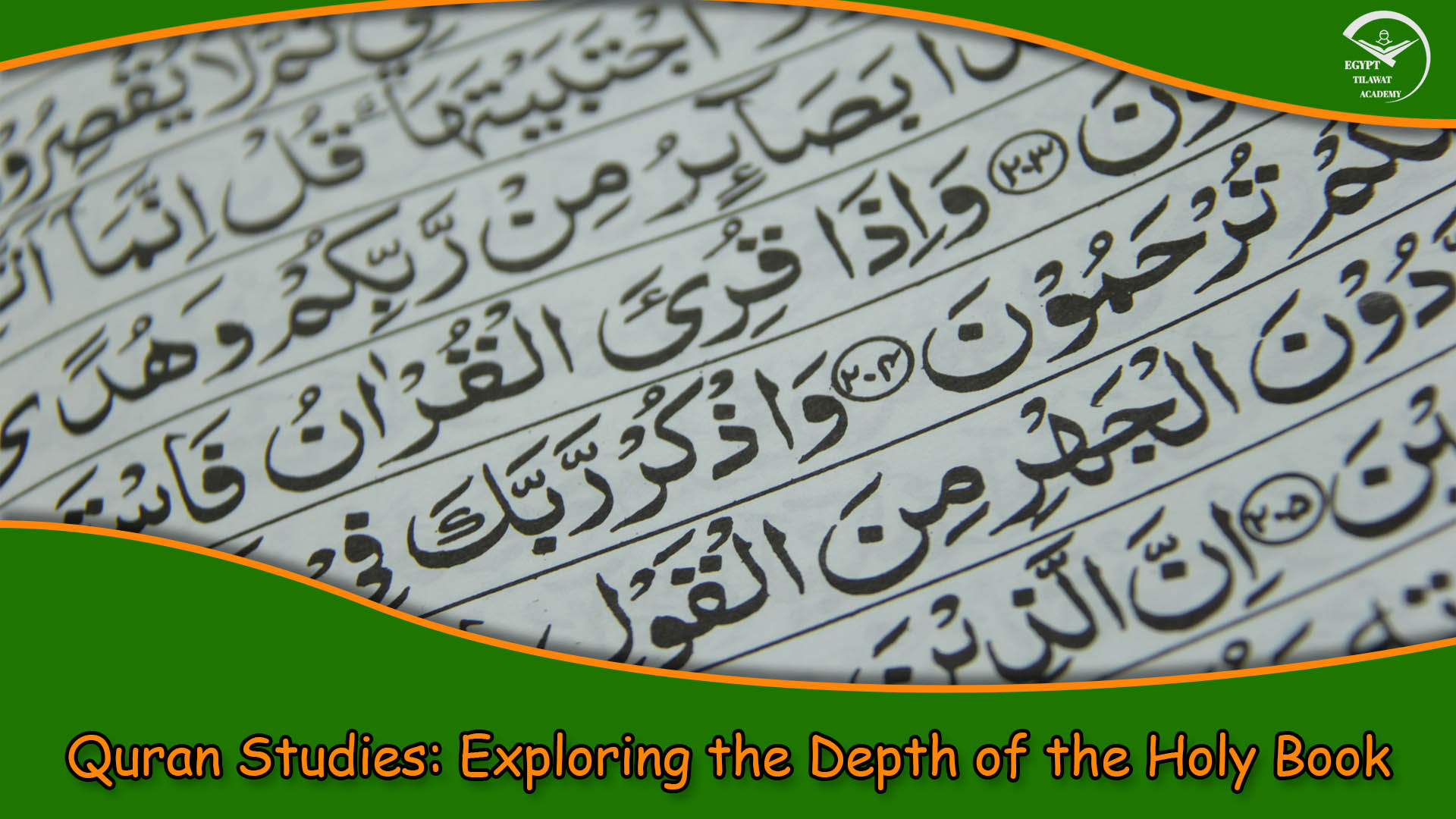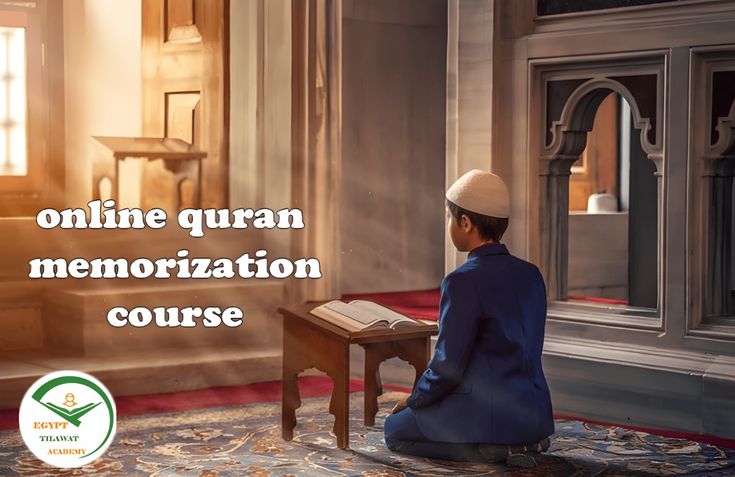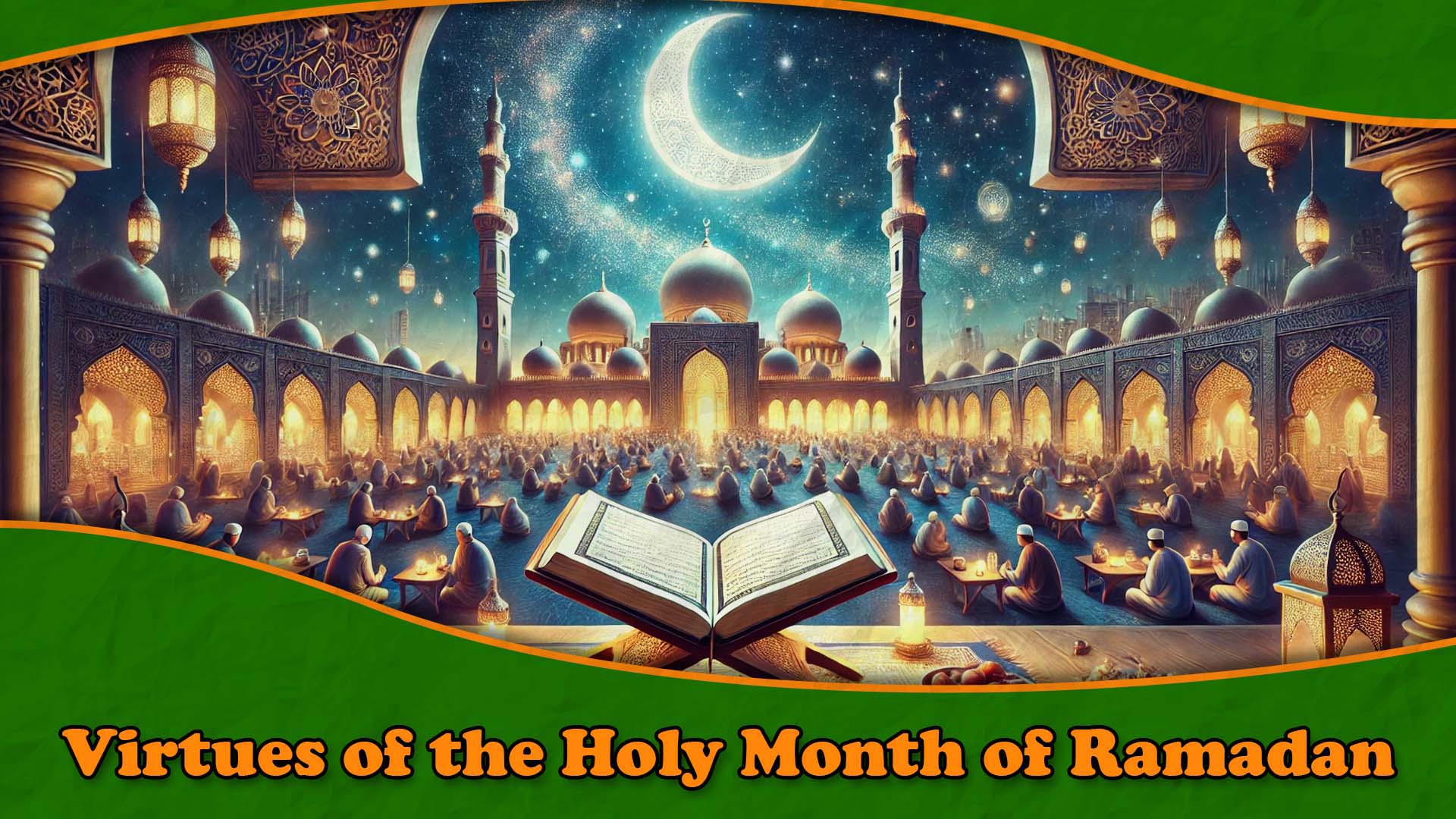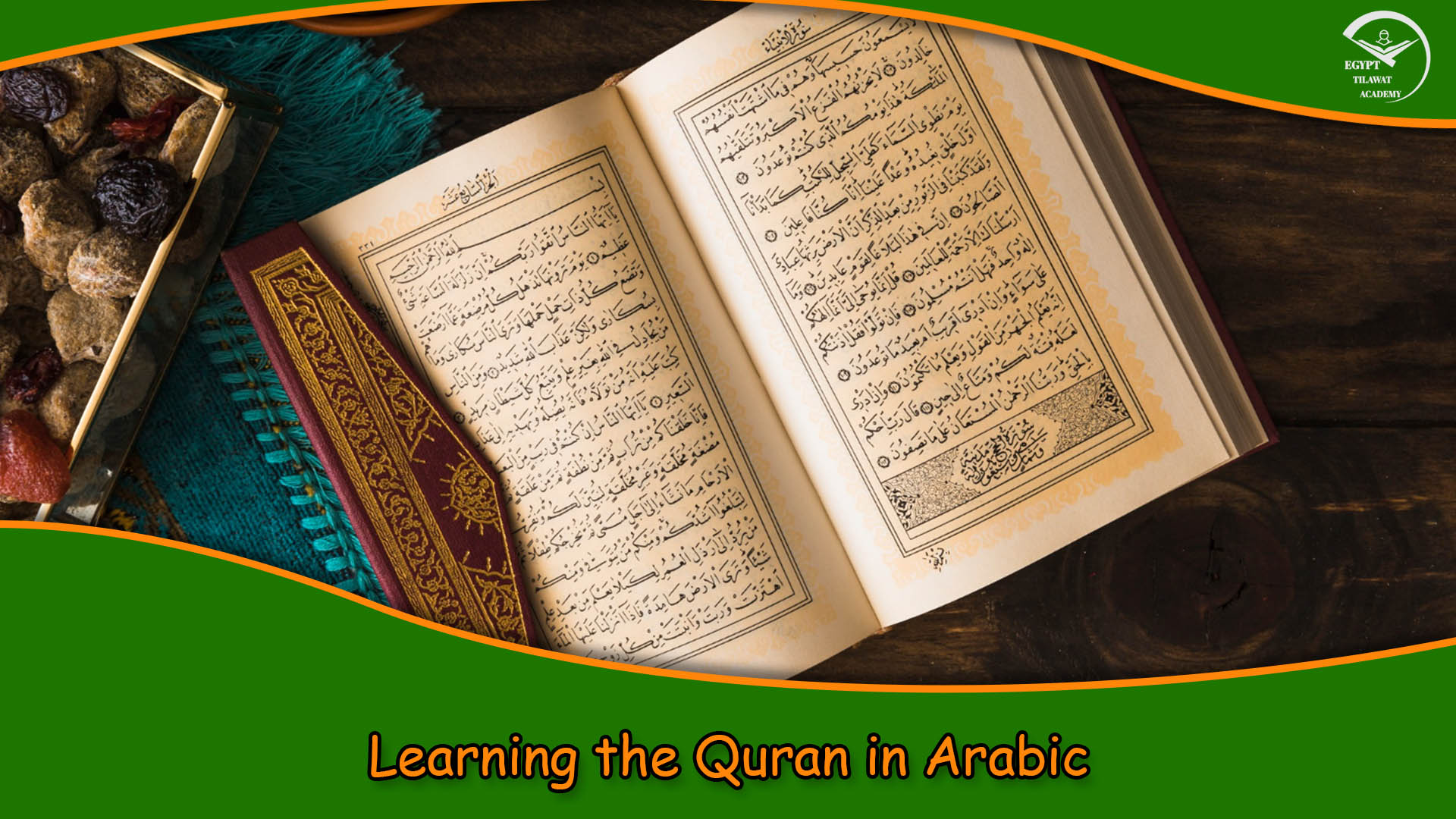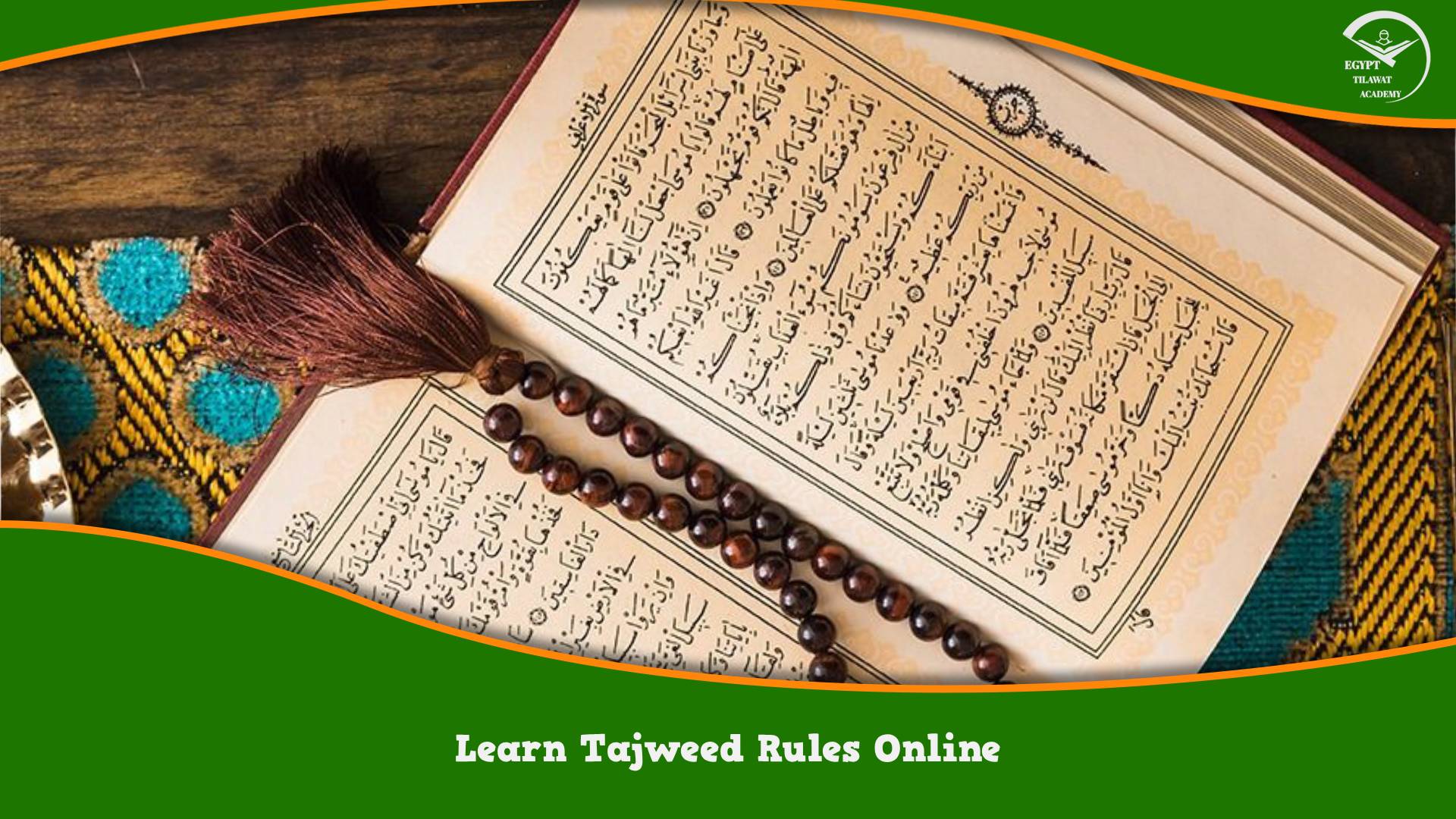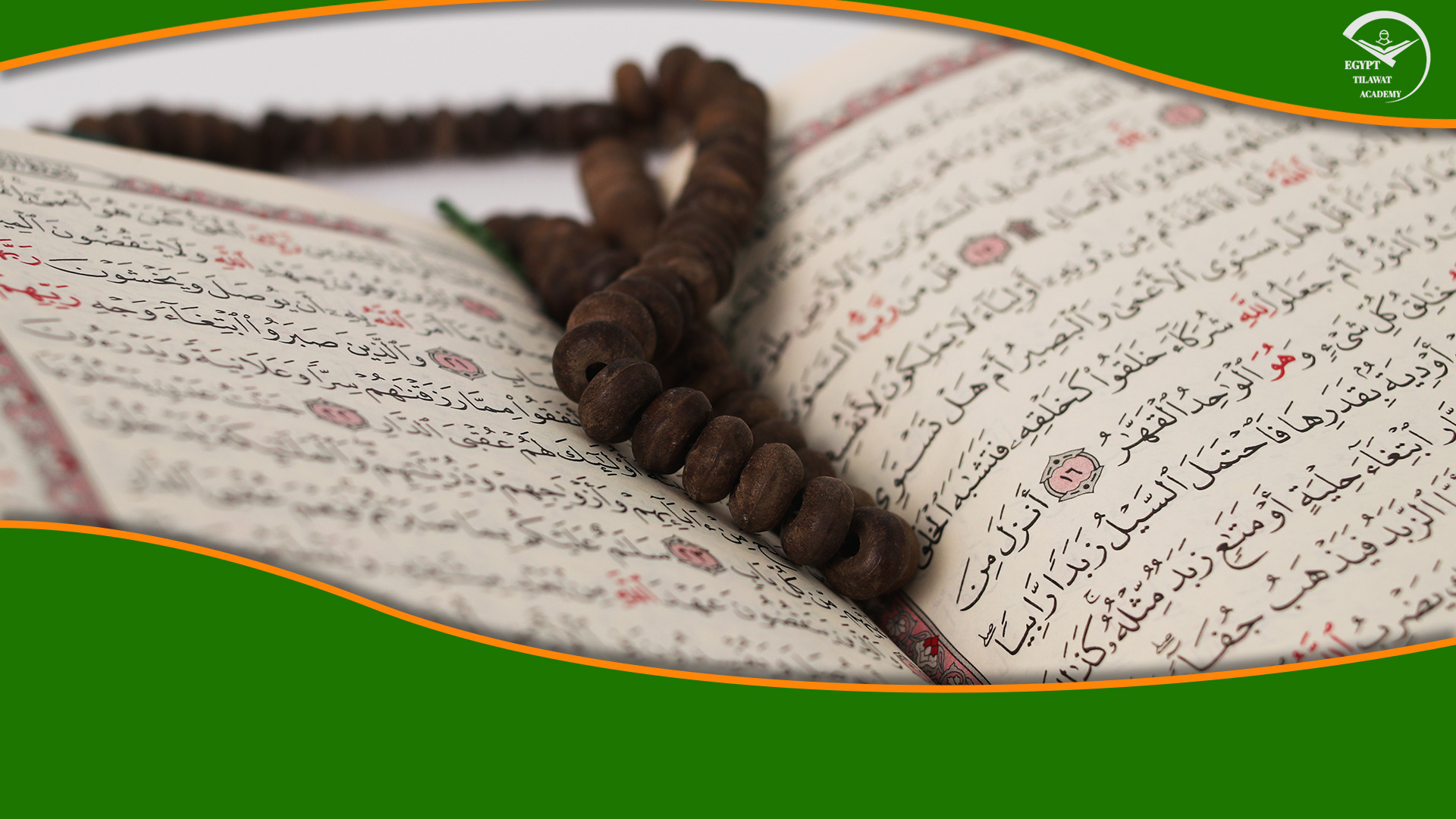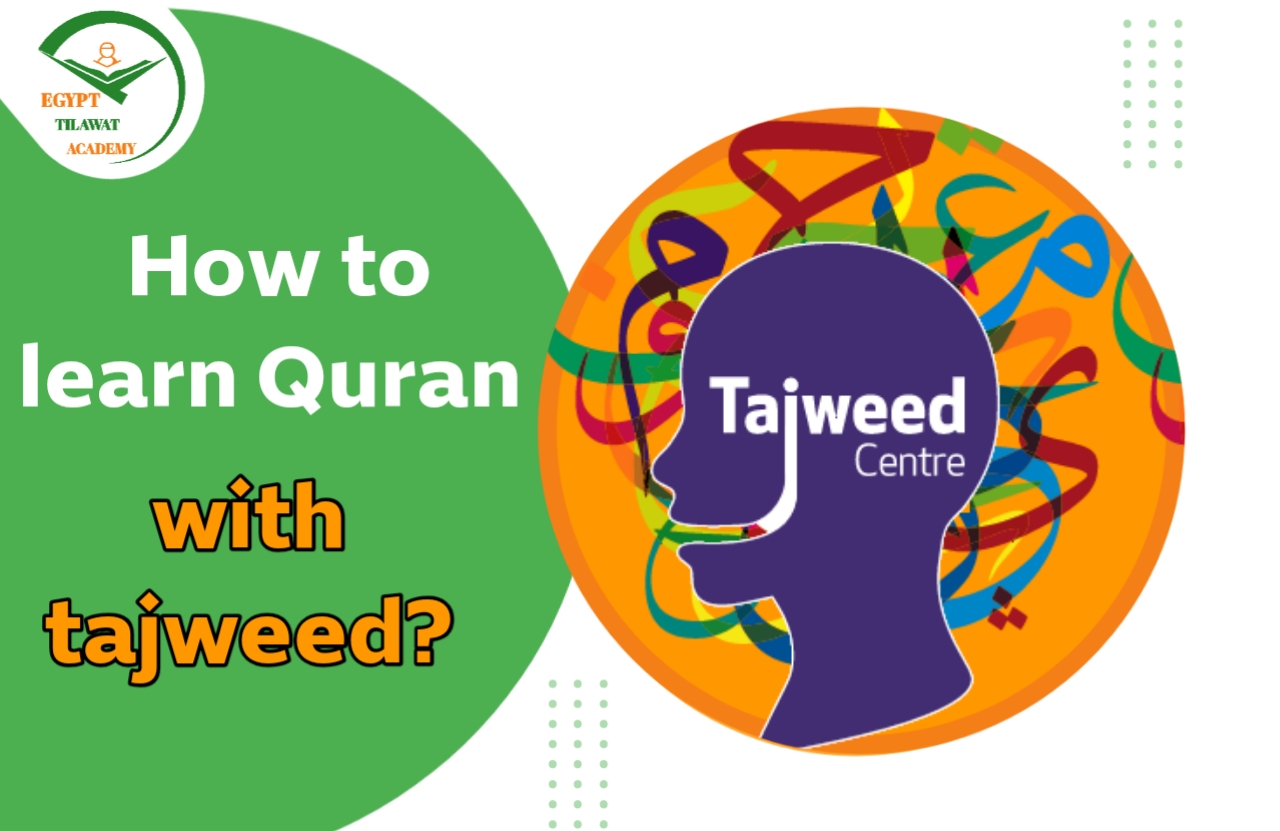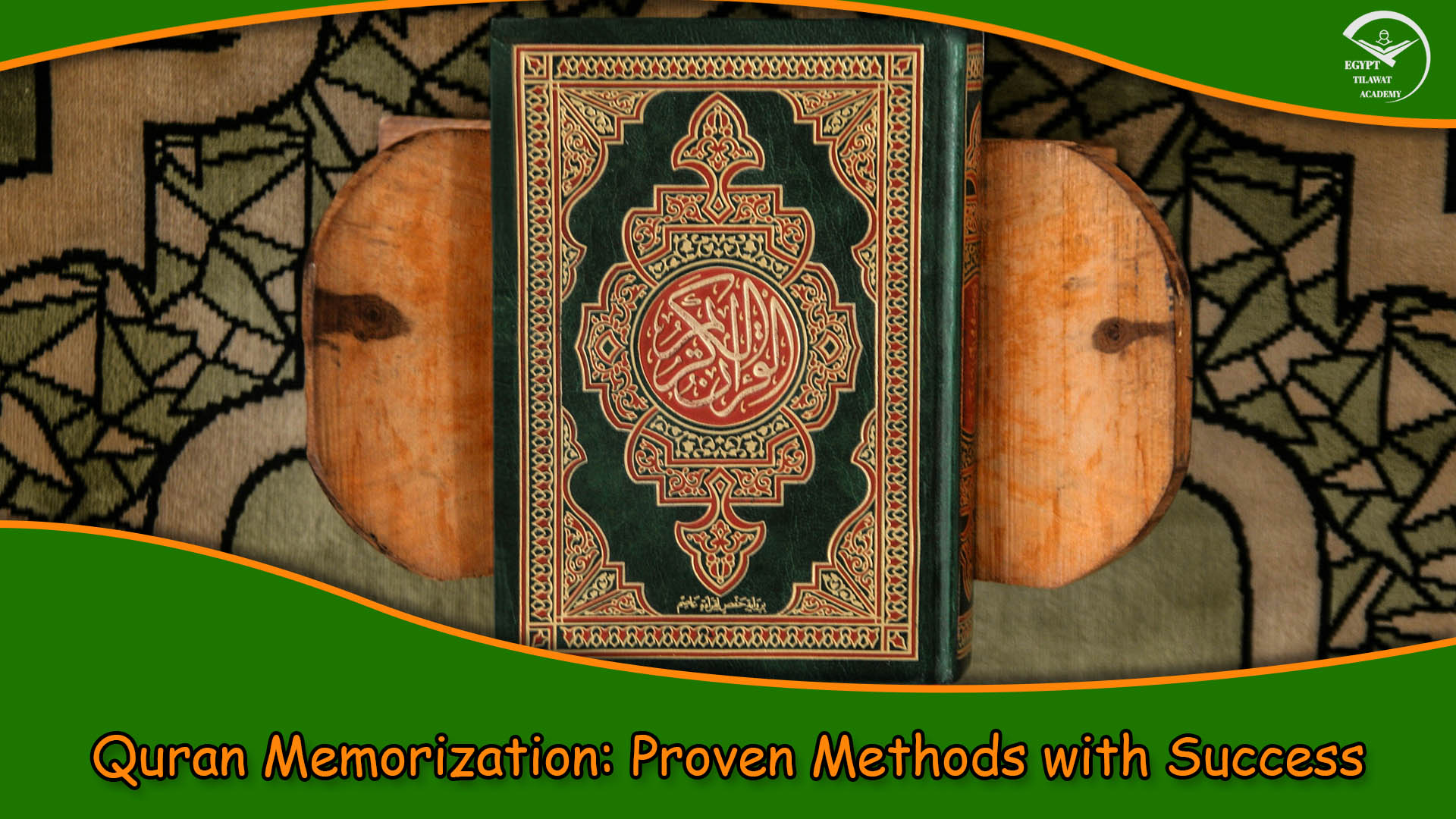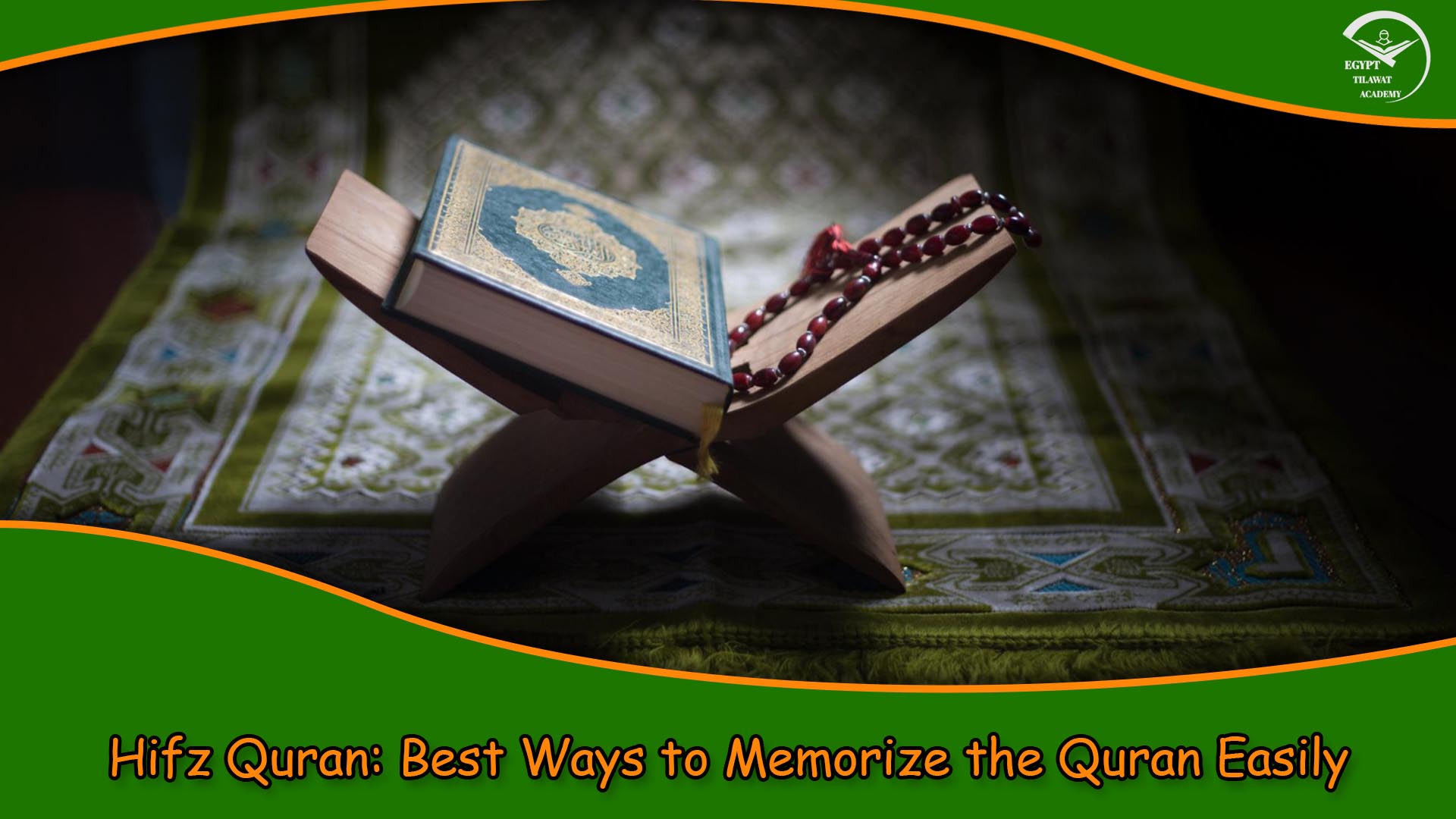
The Five Pillars of Islam: Simple Acts
The Five Pillars of Islam are the five beliefs and practices core of Islam.
Starting with (shahadah) the Muslim creed, (salah) prayer, (zakah)charity to the poor, (sawm) fasting in the month of Ramadan, and the (hajj) pilgrimage
The five pillars of Islam define the basic identity of Muslims by their faith, beliefs, and practices, to bind together a worldwide community of believers.
Islam, one of the world’s major religions, is founded on faith, worship, and devotion.
At its core are the Five Pillars of Islam, which serve as the framework for a Muslim’s life.
These pillars are religious obligations and guides to living a balanced, purposeful, and spiritually fulfilling life.
In this article, we will explore the significance of these pillars and how they shape the lives of Muslims worldwide.
Whether you are a Muslim seeking to deepen your understanding or someone curious about Islamic practices, this guide will provide valuable insights.
Overview of Islam
Islam, which means "submission to the will of God," is a religion based on the teachings of the Quran and the Prophet Muhammad (peace be upon him).
It is a faith that emphasizes the oneness of Allah and the importance of living a life per His guidance.
Muslims believe that Islam is not just a religion but a complete way of life, encompassing every aspect of human existence.
The Five Pillars of Islam · 1. The profession of faith (the shahada) · 2. Daily prayers (salat) · 3. Alms giving (zakat) · 4. Fasting (Saum) · 5. pilgrimage (hajj) for those who are able.
The Five Pillars of Islam are the cornerstone of this faith.
They are the basic obligations that every Muslim must fulfill to live a life of devotion and righteousness.
These pillars include the Shahada (declaration of faith), Salah (prayer), Zakat (charity), Sawm (fasting), and Hajj (pilgrimage).
Together, they form the foundation of Islamic practice and belief, uniting Muslims worldwide in their worship and devotion to Allah.
Understanding these pillars highlights the importance of Islamic studies for kids, as it helps them learn core values, strengthen their faith, and grow as responsible Muslims.
Significance of Five Pillars in Islam
The Five Pillars of Islam are more than just religious duties.
They are for establishing a strong connection with Allah and living a life of purpose.
Each pillar serves a unique purpose, helping Muslims strengthen their faith, develop self-discipline, and contribute to their communities.
These pillars are considered the core tenets of Islam and are obligatory for every Muslim who is physically and financially able to perform them.
They are not just acts of worship but also a means of achieving spiritual growth, unity, and peace.
By following these pillars, Muslims align their lives with the teachings of the Quran and the example set by the Prophet Muhammad.
What Are the Five Pillars of Islam?
The Five Pillars of Islam are the foundations of the obligations of a Muslim. These well-known Islamic pillars comprise
The Five Pillars of Islam are the core beliefs and practices of Islam that are the foundation of a Muslim’s faith.
These five pillars guide Muslims in their spiritual journey and help them maintain a strong connection with Allah.
Islam is based on the principle of belief in the oneness of God and the acceptance that Muhammad is the Messenger of God.
The first pillar, Shahada, is the declaration of faith, affirming that there is no god, but Allah and that Muhammad is His Messenger.
The remaining pillars include Salah (prayer), Zakat (charity), Sawm (fasting), and Hajj (pilgrimage to Mecca).
Together, these **duties of Islam provide a framework for worship, self-discipline, and community service.
By following the five pillars, Muslims fulfill their religious obligations and live a life aligned with the teachings of Islam, which has been built on these fundamental principles.
First Pillar: Shahada
The Shahada, or the declaration of faith, is the first and most fundamental pillar of Islam.
It is a simple yet profound statement that forms the creed of a Muslim’s belief.
"There is no god but Allah, and Muhammad is the Messenger of Allah."
This declaration is the testimony of a Muslim’s belief in the oneness of Allah and the prophethood of Muhammad.
It is the first step toward embracing Islam and is recited during daily prayers, as well as at significant moments in a Muslim’s life.
The Shahada is not just a verbal affirmation but a commitment to live from the heart according to Islamic principles.
It reminds Muslims of their duty to worship Allah alone and to follow the teachings of the Prophet Muhammad.
This pillar is the foundation upon which the other pillars are built, emphasizing the importance of faith in a Muslim’s life.
Second Pillar: Salah
Salah, or prayer, is the second pillar of Islam and one of the most important acts of worship.
Muslims are required to perform five daily prayers at specific times Fajr (dawn), Duhr (midday), Asr (afternoon), Maghrib (sunset), and Isha (night).
They serve as a reminder of Allah’s presence in a Muslim’s life and provide an opportunity to seek guidance, forgiveness, and peace.
The act of praying involves physical movements, such as standing, bowing, and prostrating, which symbolize humility and submission to Allah.
Salah is not just a ritual but a spiritual practice that helps Muslims maintain a strong relationship with Allah.
It is a way to express gratitude, seek blessings, and find solace in times of difficulty.
By performing Salah regularly, Muslims strengthen their faith and align their lives with Islamic teachings.
Third Pillar: Zakat
Zakat, or almsgiving, is the third pillar of Islam and a key aspect of Islamic charity.
It is an obligatory act of worship that requires Muslims to give a portion of their wealth to those in need.
The word Zakat means "purification," and it is believed that giving charity purifies a Muslim’s wealth and soul.
The amount of Zakat is typically 2.5% of a Muslim’s savings and assets, calculated annually.
This act of charity is not just a financial obligation but a means of promoting social justice and equality.
It helps bridge the gap between the rich and the poor, ensuring that everyone in the community has their basic needs met.
Zakat is a powerful reminder of the importance of generosity and compassion in Islam.
It encourages Muslims to share their blessings with others and to prioritize the well-being of their community.
By fulfilling this pillar, Muslims contribute to a more just and equitable society.
Fourth Pillar: Sawm
Sawm, or fasting, is the fourth pillar of Islam and is observed during the month of Ramadan.
Muslims fast from dawn to sunset, abstaining from food, drink, and other physical needs during daylight hours.
Fasting is not just an act of self-discipline but also a spiritual practice that helps Muslims develop empathy for the less fortunate.
It is a time for reflection, prayer, and increased devotion to Allah.
During Ramadan, Muslims strive to strengthen their faith, seek forgiveness, and perform good deeds.
The month of Ramadan is also a time for community and unity.
Muslims break their fast together at Iftar and gather for special nightly prayers called Taraweeh. By observing Sawm, Muslims purify their souls, strengthen their relationship with Allah, and gain a deeper understanding of their faith.
---
Fifth Pillar: Hajj
Hajj, or the pilgrimage, is the fifth pillar of Islam and a once-in-a-lifetime obligation for Muslims who are physically and financially able to undertake the journey.
It takes place during the Islamic month of Dhu al-Hijjah and involves a series of rituals performed in and around the holy city of Mecca.
The Hajj is a profound spiritual experience that symbolizes unity, equality, and submission to Allah.
Millions of Muslims from around the world gather in Mecca to perform the pilgrimage, dressed in simple white garments that represent purity and equality.
The rituals of Hajj include circling the Kaaba, standing on the plain of Arafat, and stoning the devil.
These acts remind Muslims of the sacrifices made by the Prophet Ibrahim (Abraham) and his family and reinforce the importance of faith and devotion.
By completing the Hajj, Muslims fulfill a key obligation of their faith and return home with a renewed sense of purpose and spirituality.
It is a journey that leaves a lasting impact on their lives and strengthens their connection to Allah.
## Conclusion
I hope you find this article informative and provides you with a comprehensive understanding of the Five Pillars of Islam.

